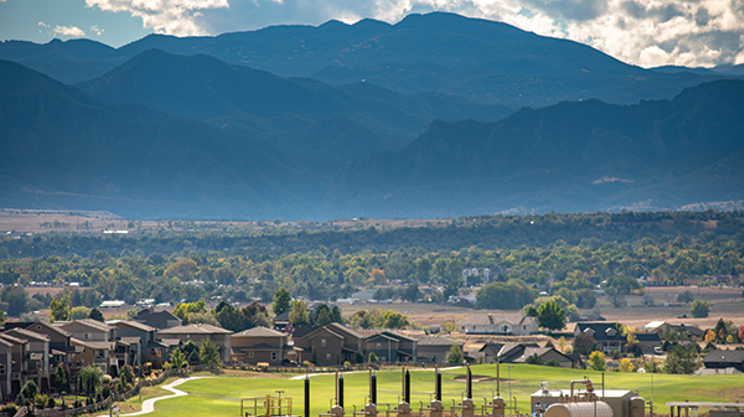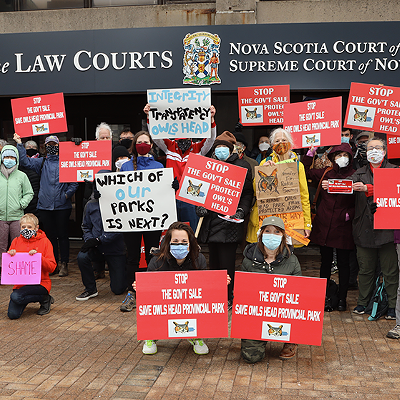The Canadian Pension Plan Investment Board has an extensive public relations department, yet it seemed determined to avoid relating with “How your paycheque supports fracking in Colorado.” The PR team did not respond to multiple phone messages, email requests for an interview or a list of emailed questions sent over the course of more than a month. Finally, just before deadline, a short email arrived from Darryl Konynenbelt, CPPIB’s director of global media relations: “CPPIB declines to comment. We refer all questions to Crestone.” Here are those questions.
1.
As the Encana/CPPIB/Crestone deal was being negotiated, several communities where Encana owned Colorado assets had voted to ban new hydraulic fracturing. Those bans were overturned by the Colorado Supreme Court in May 2016, just months prior to the final purchase in August 2016. Did that Supreme Court decision factor in the deal, and how?
2.
Were CPPIB executives aware of the conflicts surrounding residential drilling in Colorado? Some of Crestone’s executives are or had been involved with all three entities (Encana, CPPIB and Crestone), including Avik Dey. If the executives were aware, what was appealing about working there if the local residents had voted against it and remain opposed to this day?
3.
The CPPIB states that it “integrate[s] environmental, social and governance factors into our investment analysis.” Did you do an ESG report on the Crestone/Encana deal, and can you share that?
4.
Crestone Peak has received more than 1,000 citizen complaints on the website of the state regulatory agency, the Colorado Oil and Gas Conservation Commission, or COGCC. This number is substantially more than the five top operators in Colorado combined. Does it trouble you that the operator has upset so many people in the communities near where they operate?
5.
Crestone Peak Resources reported donating $607,500 in Colorado’s last election cycle to groups that were allied with the oil and gas industry, as well as one that specifically opposed a citizen-backed ballot initiative to increase the “setbacks” from schools, watercourses and communities. Is it a normal function of the CPPIB to make contributions during foreign country’s election campaigns? Was the CPPIB aware of them? Even if it is technically legal for Crestone Peak to make these donations, does the CPPIB approve of this practice of its companies donating to influence local US elections?
6.
Many investment analysts around the world have made the case that backdated investment portfolios without fossil fuel investments fare as well or better, especially over the past decade. The so-called “divest/invest movement” has gained traction around the world, with many institutional investors and other pension funds choosing to divest from fossil fuel investments on financial, legal and/or moral grounds. What is the CPPIB’s current thinking about this movement, which encourages not just divestment, but also investment in companies striving to respond to what the IPCC recently suggested was a very short window for humanity to act dramatically and quickly before climate change becomes irreversible.
7.
In the credentialed scientific community, there is virtually no disagreement that the planet is warming, human activities are largely responsible, and the burning of fossil fuels are a main cause of this warming and ancillary impacts. How do executives at CPPIB view this science, such as the recent IPCC report warning of severe climate-related threats to humanity, in terms of how you view your continued investment in fossil fuel companies? Is there any cognitive dissonance in Canada trying to attain those goals in Canada and the CPPIB investing in more hydrocarbon exploration and production elsewhere?















